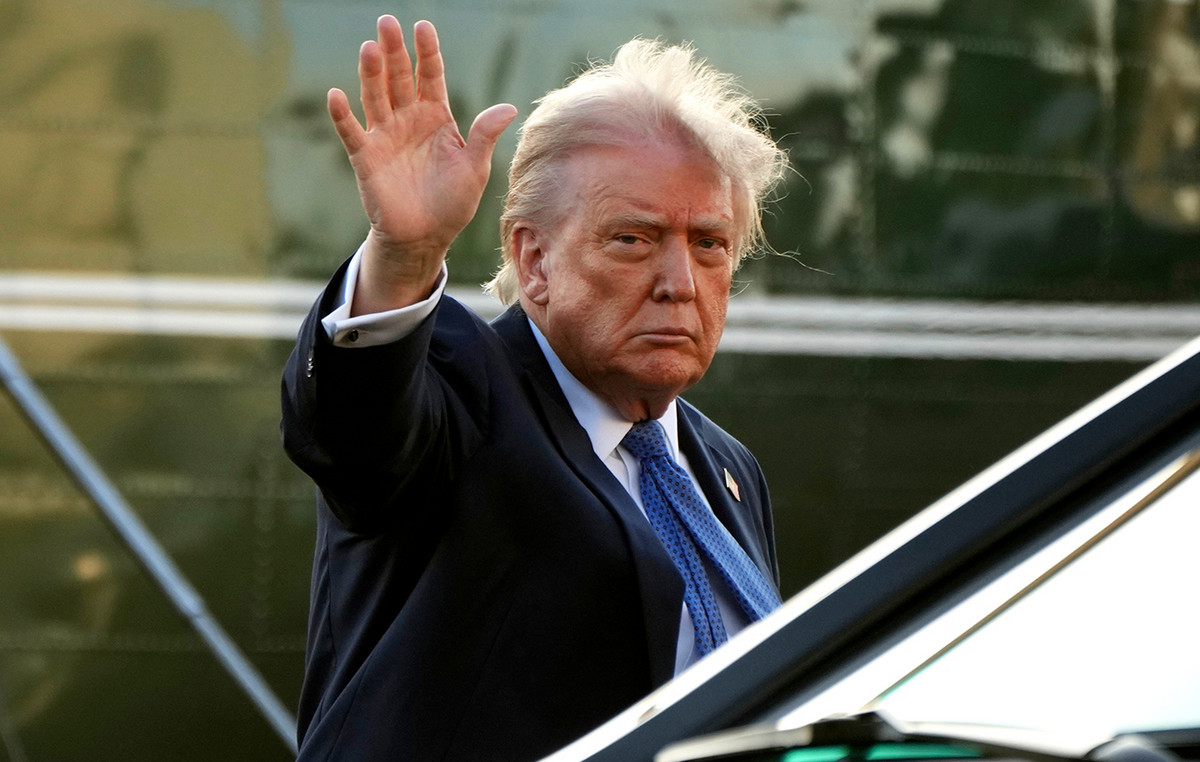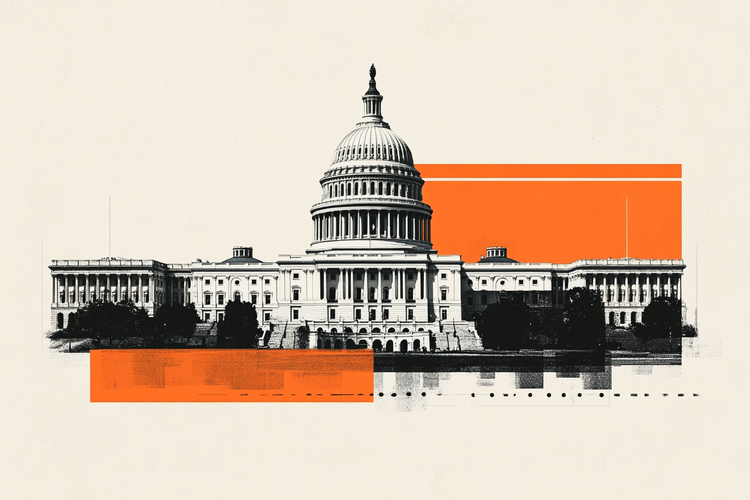A few months away from the most awaited elections in Brazil and it seems that there is neither time nor conditions for radical changes in the political scenario that is presented. The dispute will actually be between President Jair Messias Bolsonaro and former President Luiz Inácio Lula da Silva. As the work of this column is to guide diversity in these elections, today I want to focus on the behavior of the black vote based on the last elections.
Unlike the United States, Brazil has no tradition of researching the racial vote. There are few studies on the behavior of racial voting and the question that is always asked is: does this vote exist, is it right, left or center? In the quest to understand this vote, since we do not have a recent survey on the subject, we decided to stick to the blacks with the most votes in the last elections.
From an ideological point of view, there is a very evident division between black men and women who received the most votes in our country, for example: In the last elections for federal deputies in Brazil, the federal deputy with one of the highest votes of all states was Hélio Negão (PL) , in Rio de Janeiro, sub-lieutenant of the Army, of the right and of the shock troops of President Jair Bolsonaro. The deputy had an expressive vote in the black and poor periphery of Rio de Janeiro. The same Rio that had already given an expressive vote to Marielle Franco and later also voted for other black women from the periphery and from the left.
But make no mistake: two years later, São Paulo would elect the most voted councilor in the country, black, trans and left-wing, Erika Hilton (PSOL), who also had a significant vote from the black outskirts of the city. In the same election, the city re-elected Fernando Holiday (Novo) as the fifth most voted in the city, a notoriously right-wing black politician, against the agenda of black movements, mostly left-wing.
We cannot forget that the state capital, which is the largest electoral college in the country, had in its history an elected black mayor, Celso Pitta, in a coalition of right-wing parties led by Paulo Maluf; but today, in the Legislative Assembly, two expressive voices in the fight against racism were elected with a strong vote from the black community, black women and from the left: Erica Malunguinho (PSOL) and Leci Brandão (PCdoB).
Returning to the beginning of this article, where will the majority of black votes go in these majority elections? The answer will probably be given according to the economy, since, after all, all polls that do not focus on the color of the vote show that the economic issue will have a strong impact on the vote this year and among those most affected by the economic crisis, with unemployment and inflation, is the low-income population, mostly black.
In other words: directly or indirectly, consciously or unconsciously, whether or not aware of its strength, even without a more in-depth research base, the vote of black people in the next elections, as it was in the American elections, will be decisive. It remains to be seen how the strategies of the two campaigns will work or ignore this vote.
Source: CNN Brasil







